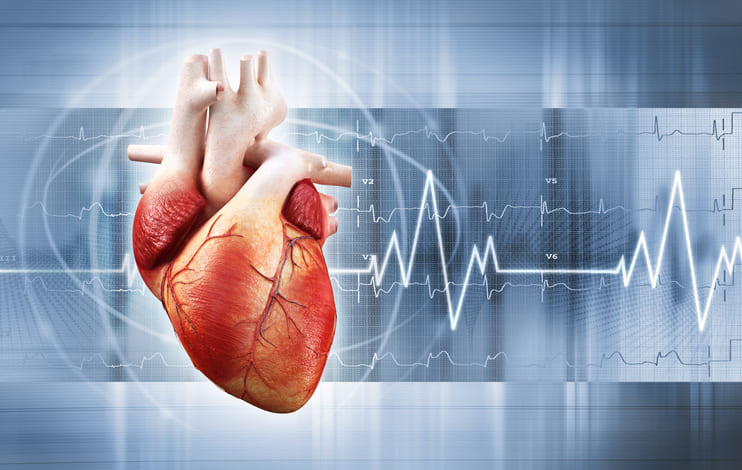Binge eating disorder (BED) is the most common eating disorder in the United States and Europe and is associated with obesity and type 2 diabetes (T2D). Presence and severity of BED have been associated with worse metabolic control and greater BMI in T2D patients. Glucagon Like Peptide-1 (GLP1) receptors are present in central nervous system areas involved in appetite regulation and treatment with GLP-1 receptor agonists modulates appetite and reward-related brain areas in humans. We evaluated the effects of treatment with dulaglutide on eating behavior in T2D outpatients with BED.
This was a pilot open label, prospective controlled study. Inclusion criteria were: Age ≤65, HbA1c between 7.5 and 9% on metformin therapy alone, normal renal function and diagnosis of BED. Patients were randomly assigned to receive either Dulaglutide 1,5 mg/sett or Gliclazide 60 mg for 12 weeks. We evaluated baseline binge eating scale score (BES), weight, BMI, percentage fat mass, HbA1c and their changes after treatment. A multivariate linear regression model was used to verify the association between Δ BES from baseline with Δ Hba1c and variation of anthropometric parameters after treatment.
After 12 weeks patients treated with dulaglutide had grater reduction of binge eating behaviour (p < 0.0001), body weight (p < 0,0001), BMI (p < 0.0001), percentage fat mass (p < 0.0001) and HbA1c (p = 0.009) than patients treated with gliclazide. Reduction in BES was associated with reduction in body weight (p < 0.0001) and HbA1c (p = 0.033).
Dulaglutide treatment reduces binge eating behaviour in T2D patients with BED.
Copyright © 2020 Diabetes India. Published by Elsevier Ltd. All rights reserved.
Dulaglutide reduces binge episodes in type 2 diabetic patients with binge eating disorder: A pilot study.


